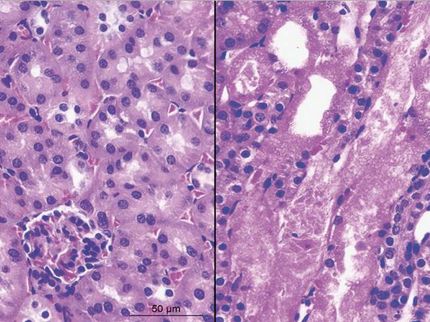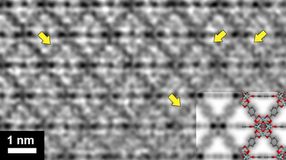Axonyx: Phenserine Did Not Achieve Significant Efficacy In Phase III Alzheimer's Disease Trial
Axonyx Inc. announced that the top line outcome of its first Phase III clinical trial with Phenserine, in development for mild to moderate Alzheimer's disease (AD), showed that although there were encouraging trends, overall these did not result in a statistically significant improvement over placebo for the protocol's primary endpoints following 26 weeks of treatment. While Phenserine-treated patients performed better in the ADAS-cog and CIBIC assessments, the study's primary endpoints at almost all time points, the outcome was potentially confounded by a better than expected ADAS-cog response in the placebo-treated patients. A preliminary review of the adverse events has revealed no safety or tolerability concerns associated with Phenserine treatment. Axonyx is continuing to further analyze the data and will use this valuable information to optimise the trial designs in the currently planned program.
Phenserine is currently undergoing testing in a Phase IIB trial to evaluate its anticipated ability to lower levels of beta-amyloid precursor protein (ß-APP) and beta-amyloid (Aß) in the plasma and cerebrospinal fluid (CSF), which may lead to a slowing of disease progression. The results of the Phase III trial will not impact the interim analysis planned of the available CSF and plasma samples for ß-APP and Aß, and these results are expected before the end of March.
Phenserine is a highly selective acetylcholinesterase (AChE) inhibitor that breaks down a neurotransmitter in the brain important in memory and cognition. Unlike other AChE inhibitors, which only suppress the activity of the enzyme, Phenserine has been shown to have two mechanisms of action: (1) the inhibition of the AChE enzyme, and (2) in preclinical studies, the inhibition of the synthesis of Aß, the protein in the brain that is thought to be a cause of brain cell death in Alzheimer's disease.
Most read news
Topics
Organizations
Other news from the department research and development

Get the life science industry in your inbox
By submitting this form you agree that LUMITOS AG will send you the newsletter(s) selected above by email. Your data will not be passed on to third parties. Your data will be stored and processed in accordance with our data protection regulations. LUMITOS may contact you by email for the purpose of advertising or market and opinion surveys. You can revoke your consent at any time without giving reasons to LUMITOS AG, Ernst-Augustin-Str. 2, 12489 Berlin, Germany or by e-mail at revoke@lumitos.com with effect for the future. In addition, each email contains a link to unsubscribe from the corresponding newsletter.






















































